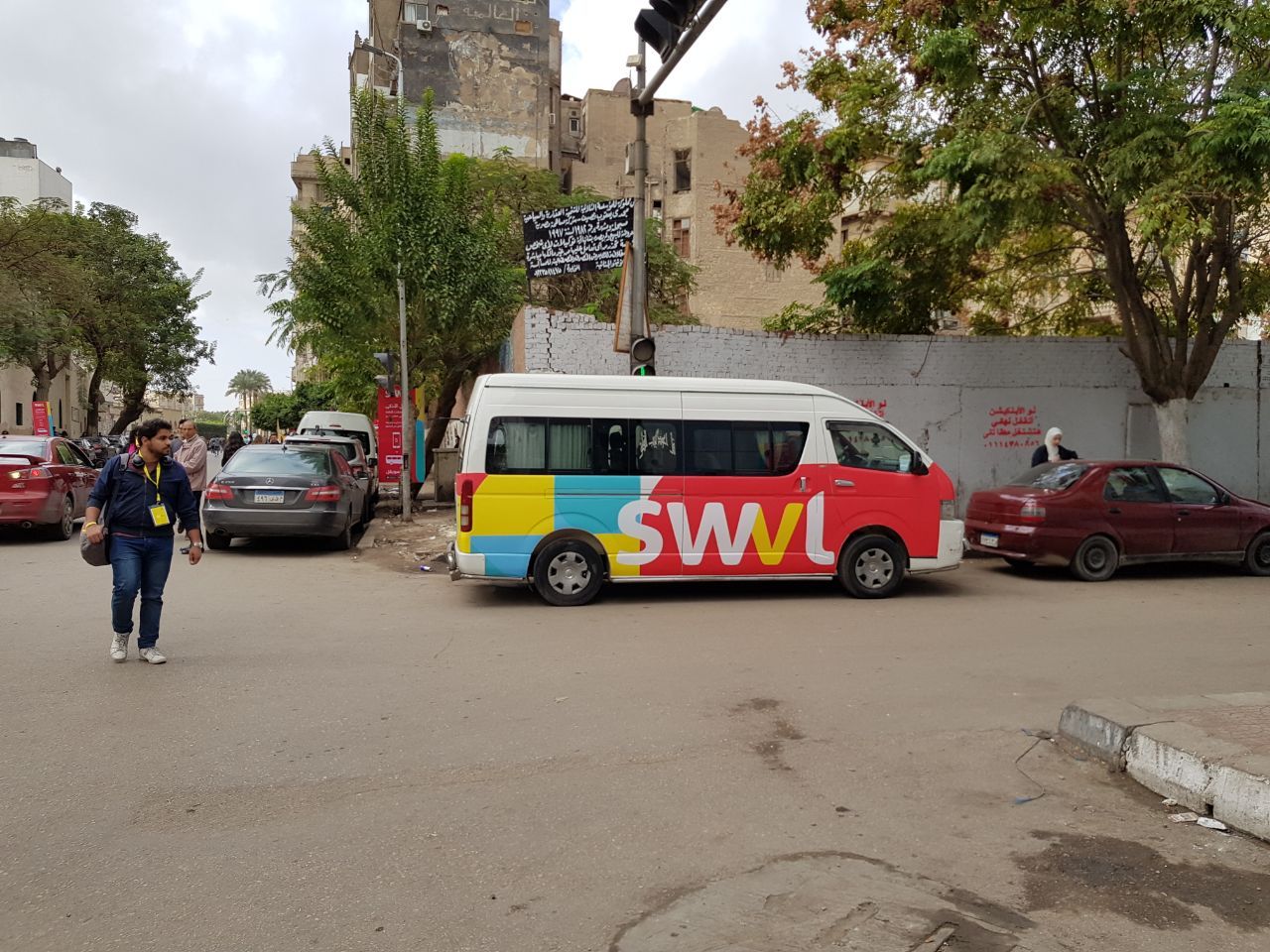Competition heats up for Cairo's ride-hailing apps

The first announcement at this year’s RiseUp Summit in Cairo came from Halan, a motorcycle and tuk-tuk-hailing app. Following on from closing its Series A investment earlier this week, the company’s chief executive and founder Mounir Nakhla announced that Uber’s founding chief technology officer (CTO) Oscar Salazar, had joined as a board member and investor.
In a statement, Salazar said: “While everybody is fighting to bring ride-hailing to one billion people in the world, Halan is focusing on the remaining six billion.”
Competition for the market segment unable to afford taxis or private ride-hailing apps daily, has intensified in the historic city as both Careem and Uber both launched bus services to compete with local players Swvl and Buseet, both of which announced significant investment rounds earlier this week.
“One of the biggest pains here is congestion,” said Hadeer Shalaby, regional director at Careem Bus. “After all the inflation, people are not able to afford the single ride-hailing service.”
Shalaby says Careem is targeting the 40 per cent of Egyptian society that want to avoid public transport or driving their own cars.
“It’s a huge market, Cairo is the biggest city we have in the Careem network and we’re hoping to expand to all the top cities in Egypt and along the region in Saudi Arabia and Pakistan,” said Shalaby.
Outside the Greek Campus, where RiseUp takes place, the competition for Egypt’s transport sector was particularly visible. Drivers from Halan, Swvl and newly launched Uber Bus marked their sections on the main road.
With a population of almost 10 million in Cairo alone, and close to 25 million in the Greater Cairo area, the city has become an attractive test-bed for ride-hailing and ride-sharing apps.
Halan launched 18 months ago in Cairo and has since completed more than three million rides across Egypt and Sudan.
“We closed our Series A with tens of thousands of rides and very soon we will be doing hundreds of thousands of rides,” said Nakhla.
Swvl, a bus-booking app closed its series B round this week valuing the company at close to $100 million. Founded last year, it operates across Cairo and Alexandria with more than a million users.
The round of investments this week concluded with Buseet, another Cairo-based bus-booking app, which raised seed investment from Saudi Arabia’s Vision Ventures.
While the city is investing in expanding and updating its metro system, the majority of the population still rely on cars for transportation. But with the rise in cost of living, most Egyptians are downsizing and so services like bus-sharing are becoming more popular.
“Five million Egyptian rely on Uber to get around…the large majority don’t have their own vehicles,” said Bradford Church, product manager at Uber. “Egypt is a huge market, we believe Uber can help reduce the load on parking lots and take vehicles off the road.”
Uber recently launched its scooter service in Egypt, which according to Church was one of the most successful rollouts in its global network in terms of user growth and number of rides. The San Francisco-based company picked Cairo as the first city in its network to roll out Uber Bus this week.
“Affordability is key here, more than 90 per cent of Egyptian’s cannot afford our cheapest Uber products on a daily basis,” said Church.
And with a population of 100 million, the market for cheaper transport solutions is particularly attractive in Egypt.


